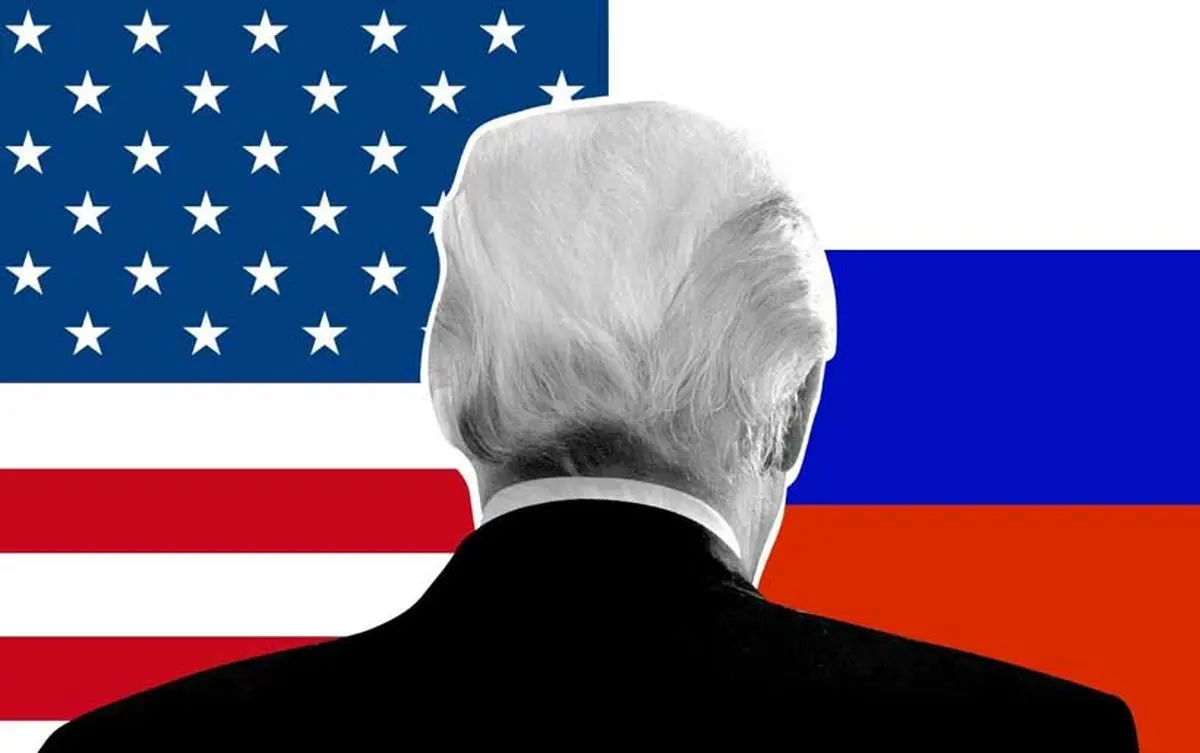Sanctions never force any government to concede; US Professor

Professor of Political Science Columbia University said ILNA news agency that I was thus very upset and angry when Donald Trump abandoned a 2015 nuclear deal, as were most academics that I know.
Speaking to ILNA in an exclusive interview, Roy Licklider added “I strongly approved of the Joint Agreement, like most academics I know, and I saw it as President Obama’s major foreign policy achievement.”
“I was impressed by Iran’s apparent willingness to give up its nuclear program and by President Rouhani’s ability to overcome what I assumed was strong resistance within his government.”
“I also think that Trump enjoyed destroying President Obama’s major foreign policy success. The fact that many observers thought this was a mistake did not deter him; he enjoys overriding “experts”, he said and adding that I applaud the efforts of the Europeans and Iran to keep the deal alive, but I doubt that they will succeed.
He referred to US next presidential election and said “I hope at that point that another agreement can be reached. President Trump is notoriously willing to change positions on issues, but it seems unlikely that he will do so with this one.”
Answering to question about US foreign policy after Trump era, he said “If Trump’s successor returns to a more traditional foreign policy, I suspect most allied governments will be relieved and encourage the change.”
Asked about the impact of US sanctions, the Professor said that it is unlikely that sanctions will force Iran to change policies; a massive academic literature over the past several decades concludes that sanctions don’t change important policies.
“They are supposed to work by making a population so miserable that it will pressure its government to change policy, but target governments can usually deflect this process by appealing to nationalism and blaming the sanctioning state.”
He referred to Middle East unrest and added “There are many different violent conflicts in the region, each with its own distinctive issues. Many of these are due to weak economies, bad governance, and outside involvement, all of which can be fixed in principle.”
END
